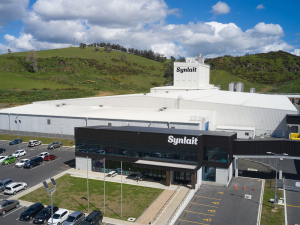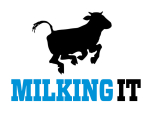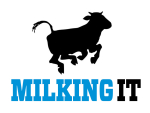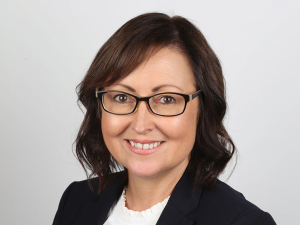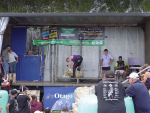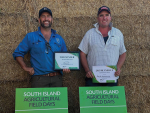The listed company has decided that Pokeno’s operations will solely on producing advanced nutrition products which do not require raw milk. The Dunsandel facility in Canterbury will remain the hub of the business for dairy operations. Synlait spent $280 million on the new Pokeno plant.
The company’s 54 farmer suppliers will now have their milk collected and processed by Open Country Dairy.
Synlait says the board will not actively seek a buyer for Pōkeno, however in the event a compelling offer was made for the asset, the company may consider it.
Synlait was considering a sale of its Pokeno plant and a blending and canning facility in Auckland to pay down debt.
In an announcement to NZ Stock Exchange this morning, Synlait stated that it has completed the strategic review of its North Island assets, including its manufacturing facility in Pōkeno and its blending and canning facility in Auckland.
The review was undertaken as part of Synlait’s business recovery plan. It explored a wide range of factors, including potential ownership structures, mothballing the Pokeno facility, and how to balance its capability to process dairy and non-dairy hybrid nutrition products.
Synlait chief executive Grant Watson says the review has been detailed and thorough.
“It’s given us the insight needed to lift the financial performance of these world-class assets. We now have a pathway to profitability in our North Island operations.”
One of the review’s findings was that switching between processing plant-based proteins and dairy hinders the Pōkeno plant’s operational efficiency. In addition, it found that transportation and manufacturing costs mean it is not financially viable for Synlait to keep processing milk at Pōkeno.
Synlait has 54 farmer suppliers in the Waikato and the company will meet all its contractual obligations to them, including incentive payments.
“We are proud of our cohort of North Island farmers and very much value the working relationship we have with them,” says Watson.
“They will remain Synlait suppliers until the end of their supply agreements and we will remain their first port of call for support. What will change is that Open Country will be collecting and processing their milk.”

